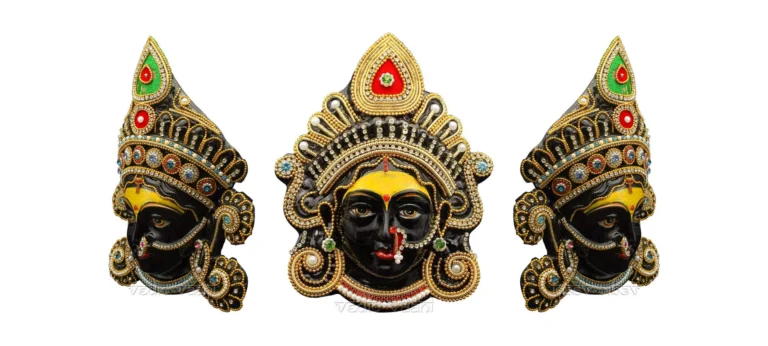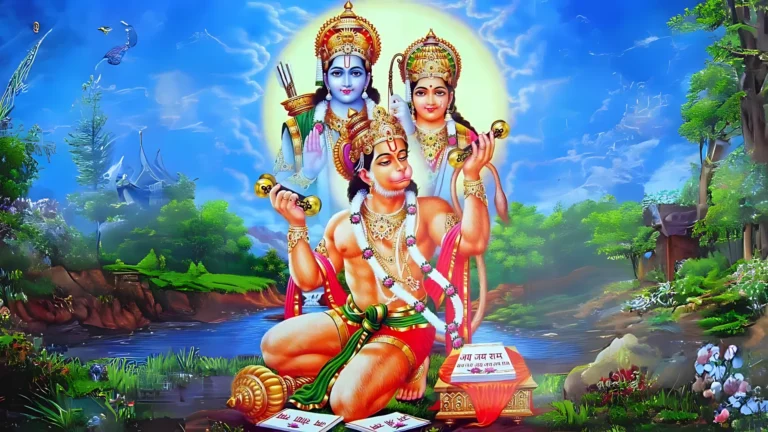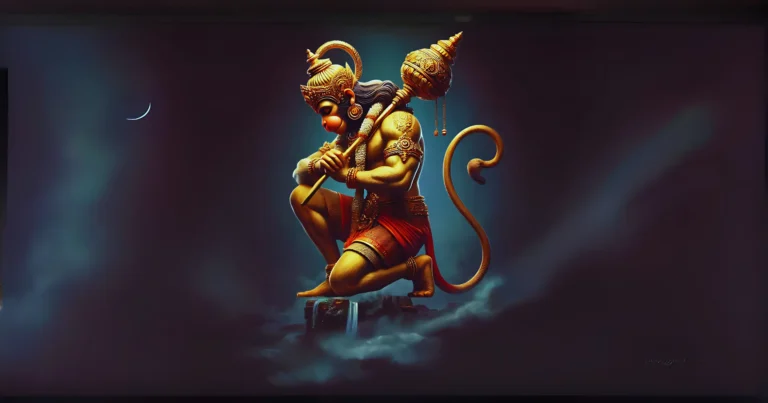Table of Contents
The 8 Steps Towards Titiksha Also Known as Spiritual Tolerance
- Understanding Titiksha in life’s adversities.
- Importance of non-interference with Karma.
- Realization of Brahman’s perfection in all.
- Acceptance of the world’s state as divine.
- Detachment from past and future expectations.
- The role of self-awareness in tolerance.
- Spirituality as a personal journey.
- The significance of living in the present.
Spiritual Tolerance is an Important Aspect of Spirituality
Titiksha as expounded by Sri Adi Shankaracharya in His famous work Vivekachudamani is the quality of tolerance. He says:
सहनं सर्वदुःखानामप्रतीकारपूर्वकम् ।
चिन्ताविलापरहितं सा तितिक्षा निगद्यते ॥ २४ ॥
sahanaṃ sarvaduḥkhānāmapratīkārapūrvakam |
cintāvilāparahitaṃ sā titikṣā nigadyate || 24 ||
This means: Bearing all afflictions and adversities with an absence of the urge to redress them is called Titiksha. In this state, the mind is rid of any remorse or grief that would usually arise from unexpected occurrences.
Non-Interference with Situations is necessary for A Spiritual Person
A person shall no longer interfere or try to ruminate over the past and try to better the future. Rather, only the present shall be the moment of reality. Many people engage in transforming the world by justifying their apostolate actions as a solution to end human suffering.
However, this shall totally deny our Law of Karma, wherein each person is presented with life situations as a consequence of past actions, be it good or bad. This is one of the highest teachings of Sanatana Dharma. There is nothing to do, nowhere to go, especially in the context of our relationship with the world around us.
If an individual completely absorbs the essence of Karma and the hidden teachings of Vedic Sciences, one shall never go on a spree of changing the world. The mind of a Titikshu undergoes tremendous transformation.
Our World is Not Defective
The eye to spot any defect in the world completely vanishes as the sadhaka only witnesses the play of Brahman, whereby even the so-called imperfections are deemed perfect, because it is so, without the need to make any atom of change around us.
One may not vocalize this mood, but it is the state of mind. Sri Ramanujacharya has described the Universe as the Massive body of Bhagawan, While Sri Adi Shankaracharya emphatically states that there is no second person, but Brahman alone.
Therefore, a Sadhaka who has contemplated deeply enough on the pristine tenets of Acharyas like Sri Adi Shankara and Sri Ramanujacharya shall never try to meddle with the pattern of the Universe as how can Brahman or Bhagawan ever be imperfect?
A person interferes in the ways of Bhagawan and Nature when there is an amplified sense of self-importance. Only when there is a trace of a so-called achievement does one feel the need to change the world.
Spiritual States Undergo Constant Evolution
A person propagates his faith because he regards himself as perfected. Even if it is not on the conscious plane there is a definite trace of this trait in his subconscious. In reality, there is no such perfected state in spirituality, as perfection is ever-expanding.
Just like how numbers are infinite, so are the levels of human consciousness. Spirituality is an introspective journey. It is ever-expanding, where its depths are unknown. A person tries to transform events, people, situations, etc, due to 2 main factors: an experience from the past and the other is an anticipation of the future.
For most people, past memories play a crucial role towards taking actions. For Example A parent has learnt a lot of valuable life lessons through the mistakes and correct decisions he/she has made in his life. The learnings, both positive and negative are stored consciously-unconsciously in the brain.
When similar life situations manifest in the life of their children, a parent retrieves data from his past experiences and intervenes, with an intent to set things right. However, actions and advice that have ‘Memories’ as their pivot can only be meaningful and right when the memory is justified and unbiased, but more often than not, these choices are extremely skewed.
The scores generated in this Quiz may or may not be absolute. There may be right or wrong answers to each Question. A percentage towards 100 indicates that you are more aligned to the overall subject matter.
Our Senses Get Tainted By the 6 Inherent Vices
This is because our senses and our perceptions are grossly tainted with our distorted contexts and application of those contexts in a totally different time and circumstance. Moreover man is heavily infected with the “I” and the six defects of Kama (Lust), Krodha (Anger), Lobha (Greed), Moha (Illusion or Bodily Conception of Life), Mada (Self-Pride) and Matsarya (Envy).
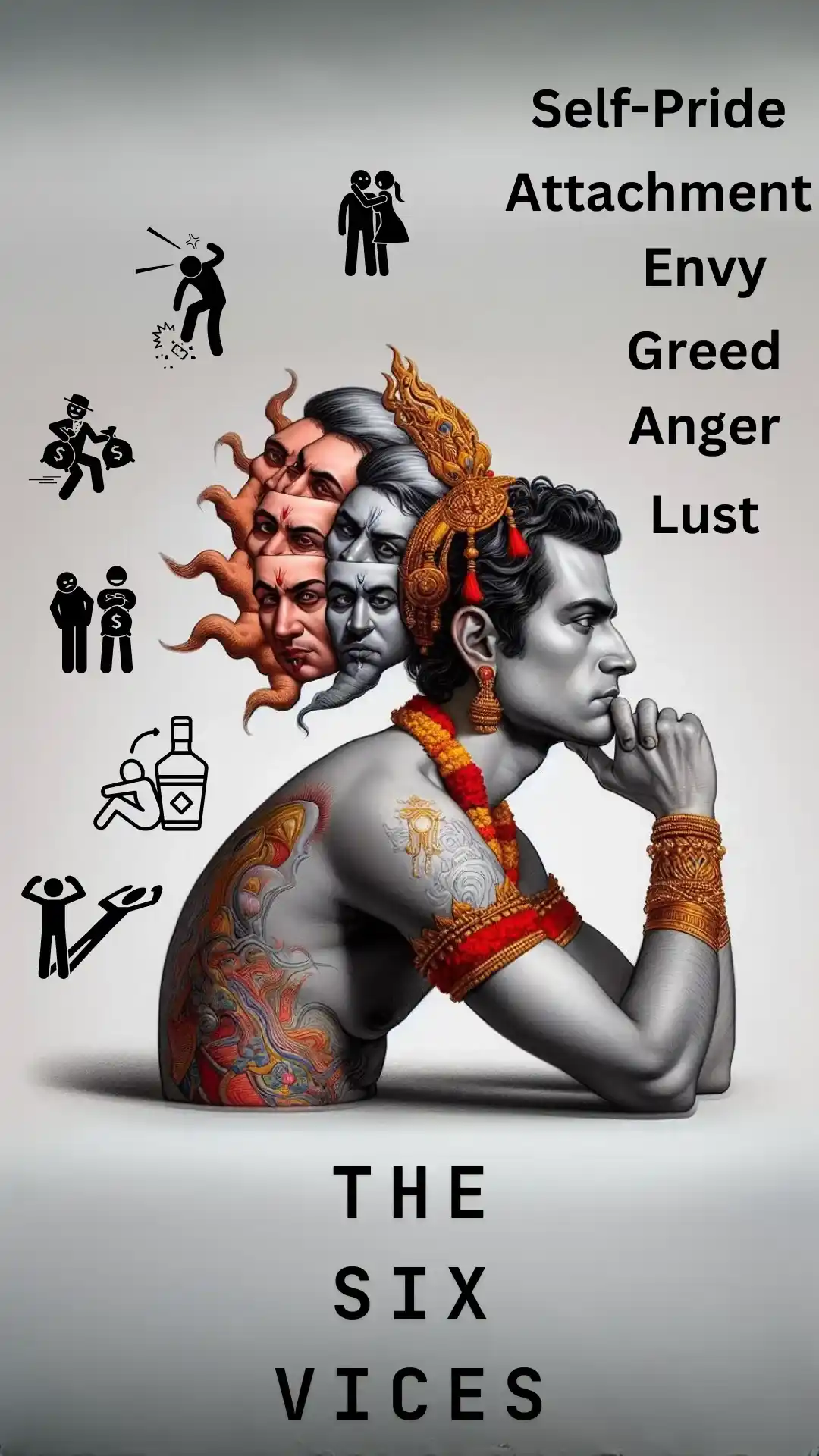
When the memories are highly opinionated and lopsided, it can initiate a trail of wrong choices. A person might be conditioned to believe that becoming a medical executive, financially secures an individual. However, when the person imposes this biased and unevaluated belief on his children with contrasting interests, it is bound to create friction and distancing within the family, that ultimately results in the breaking of familial ties.
7/8 Questions from Sanatana Dharma
The scores generated in this Quiz may or may not be absolute. There may be right or wrong answers to each Question. A percentage towards 100 indicates that you are more aligned to the overall subject matter.
Sadhakas Should Exercise Viveka And Vairagya
As sadhakas, it is important to assess the grounds of our thoughts, beliefs, expectations, etc through the exercise of Viveka and Vairagya. So, past experiences play a very subdued role in making decisions in the life of a Titikshu. This is because he is open to the revelations nature has to offer.
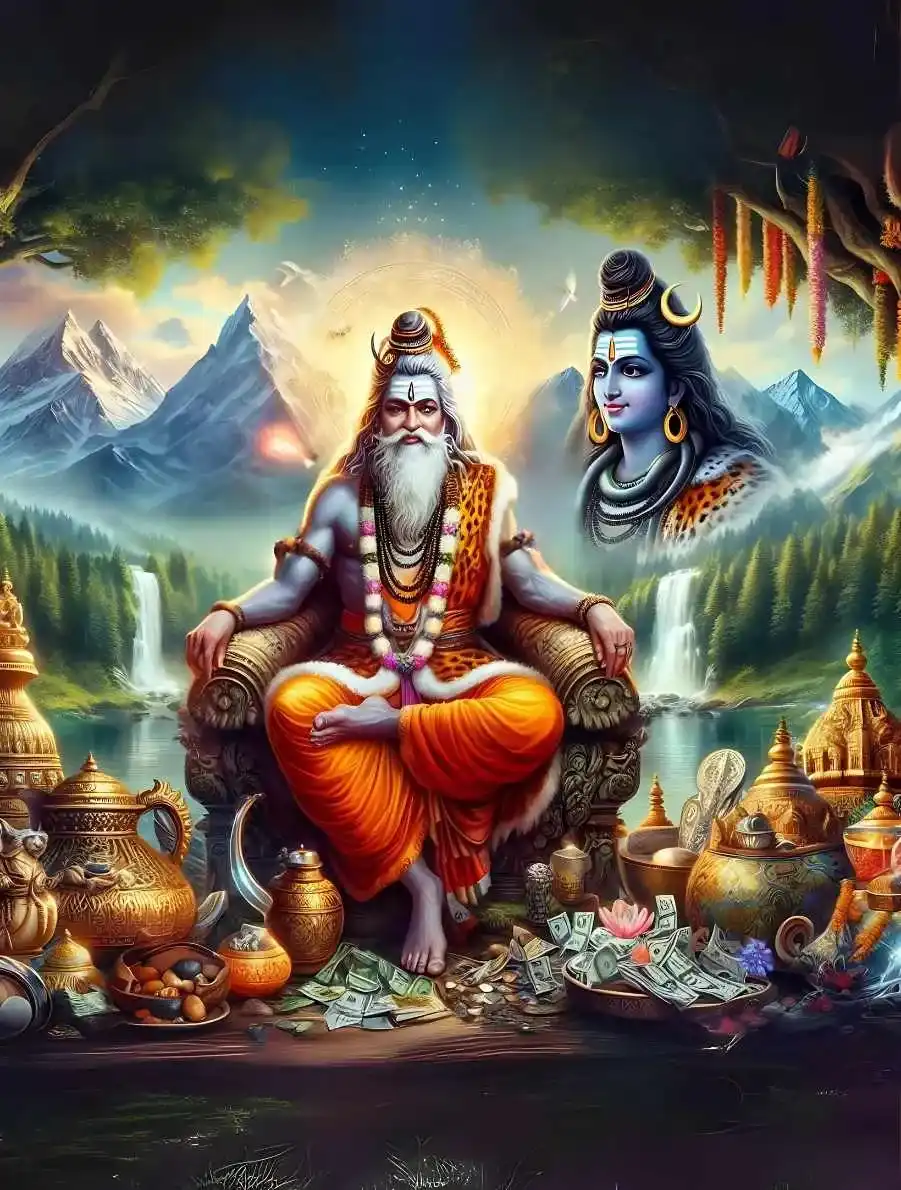
Preventing the mistakes we made earlier, by recalling past memories is a very good practice and probably there is no harm in encouraging your near and dear ones to learn from your personal experience. However, we should refrain from imposing our experience on others. We must have a fair conversation and be open to learning and fixing ourselves.
Our Influence on The World is Ever Limited
There is no harm in making a suggestion or extending a piece of advice. But, expecting the other person or the world to emulate our life is not always possible and can also have serious implications, hampering the person who is blindly following us, because every person is here to exhaust their individual Karmic Baggage, rather than creating new ones, an imposed one.
Every person has a unique experience and their learnings can be in stark contrast to ours. One must realize this fundamental operating principle. Thus, we cannot bring an iota of difference in the lives of other people, because we are ignorant of the ways of Bhagawan and Mother Nature.
However, sometimes, we may observe that a piece of advice or the mere presence of a person changes our lives. For example: Some believe that the woman brings luck to the household. This is an experiential fact for many people. However, a Titikshu realizes that a person reaps certain benefits and adversities due to Karma. So, a person, on account of his/her merits, merely gets the credit for positively impacting the life of another person.
Past and Future Have no Relevance for A Titiksu (Tolerant Spiritual Practitioner)
Just like how the past does not influence a Titiksu, the future too holds no relevance. Here, I would like to mention Astrology which reads the predefined possibilities in the life of every individual. There is a pattern in life and however hard we try, we cannot break through that.
For example: There is a harmonious repetition of events like exile, brotherly affection, Adherence to Dharma, etc which is common in both The Ramayana and The Mahabharata. Even in nature, there is a continuous cycle of creation and dissolution, birth and death, sunrise and sunset, etc.
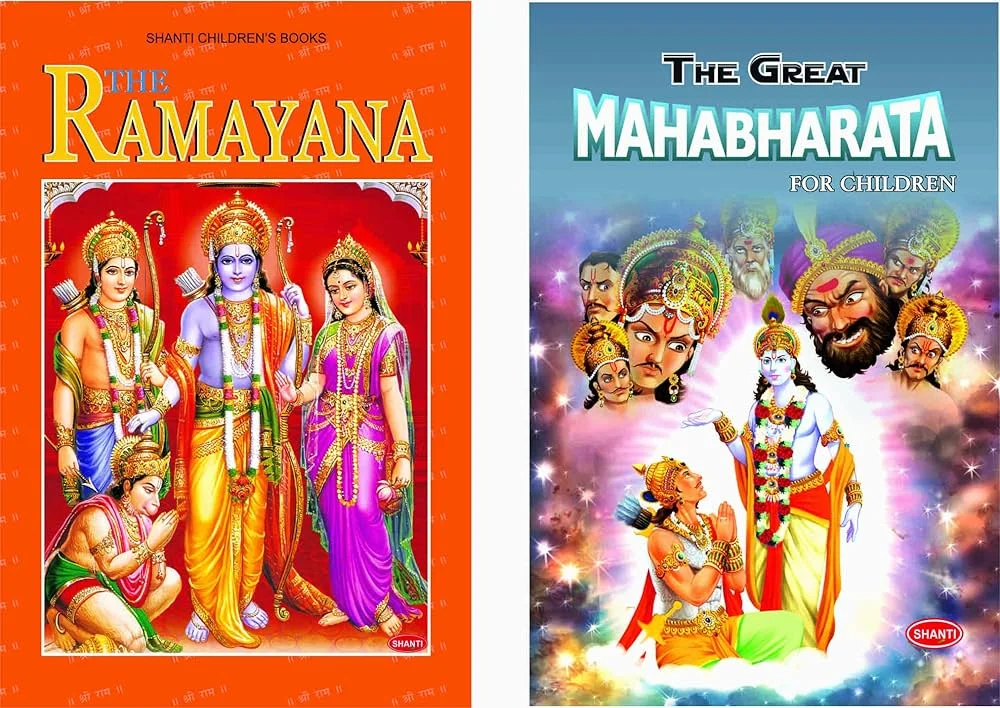
These are certain macrocosmic events with predefined outcomes, wherein human intervention has no impact. Similarly, in microcosmic events, we are conditioned to believe that human effort and interference can change the pattern of events.
Though this very much has some truth to it, it is not entirely true.
There Are Ever New Normals in this Changing World
Let me cite an example: In the earlier days, even as recently as 3 decades ago, people were healthier and had better physiques. They were more aligned to consuming wholesome meals and had a steady pace of life. People lived over 70 years of age.
Earlier people would secure their jobs by their innate virtue of honesty and integrity. However, today the dynamics of the world stands in stark contrast to what it used to be.
These days congenital diseases have become prevalent, threatening the survival of infants. Even nature upgrades herself to keep pace with man’s inventions and discoveries.
Though this has been an exceptional era for scientific developments, man has yet not been able to decipher the mysterious ways in which Nature unravels herself. Nature does not leave an opportunity to startle us. Today, diplomacy has become a prerequisite for securing jobs.
We may attribute unhealthy living and pollution to diseases, competition to deceit, or even agelong suppression to the acquisition of rights. However, these are mere reasons because the shastras have already delineated these misfortunes of this current age.
These sudden, massive and rapid transformations are highlights of this current age and they are bound to occur. Sri Rama alone can establish His Supreme reign. No other person is capable of maintaining sanctity as that would oppose the progression of Kaliyuga. A Titikshu is conversant with these facts and thus does not intervene in the chain of social events.
The Lord is Enthused to Reveal Himself to a Titikshu
To say the least, he may extend his kind and sincere suggestions to people who are in close proximity with him or to those who come with the mood to learn. He offers himself not in the mood to change the other person, but instead to sharpen his own vision to see the working of Bhagawan.
A Titikshu does not propagate the philosophy to a mass audience knowing very well that every individual reaches only to the extent or scope defined for him by the Supreme for the current lifespan.
One thing we must understand is that spirituality is an individual journey. Irrespective of time, place and circumstance, if one is able to resonate with the Vedic Scriptures he has already left behind the herd that is maneuvering in the dark.
The only qualification is to tread the spiritual path with purity of intention and under the benign hospice of a Self-Attained Master. Spiritual science is not for everyone. If it were, Sri Krishna would have narrated the Gita not to Arjuna but to Duryodhana as he was engulfed in ignorance.
Therefore, a Titikshu focuses on his/her personal journey, leaving other people and events to their predefined state. A Titikshu is thus one who has a heightened level of forbearance towards the world, happy to see the World as it is, with nothing to change there.
You display your love by reading this valuable material. So kindly read and consider financially supporting us to keep our efforts going with renewed vigor! Supporters in India can donate via Razorpay while those abroad can use PayPal!









